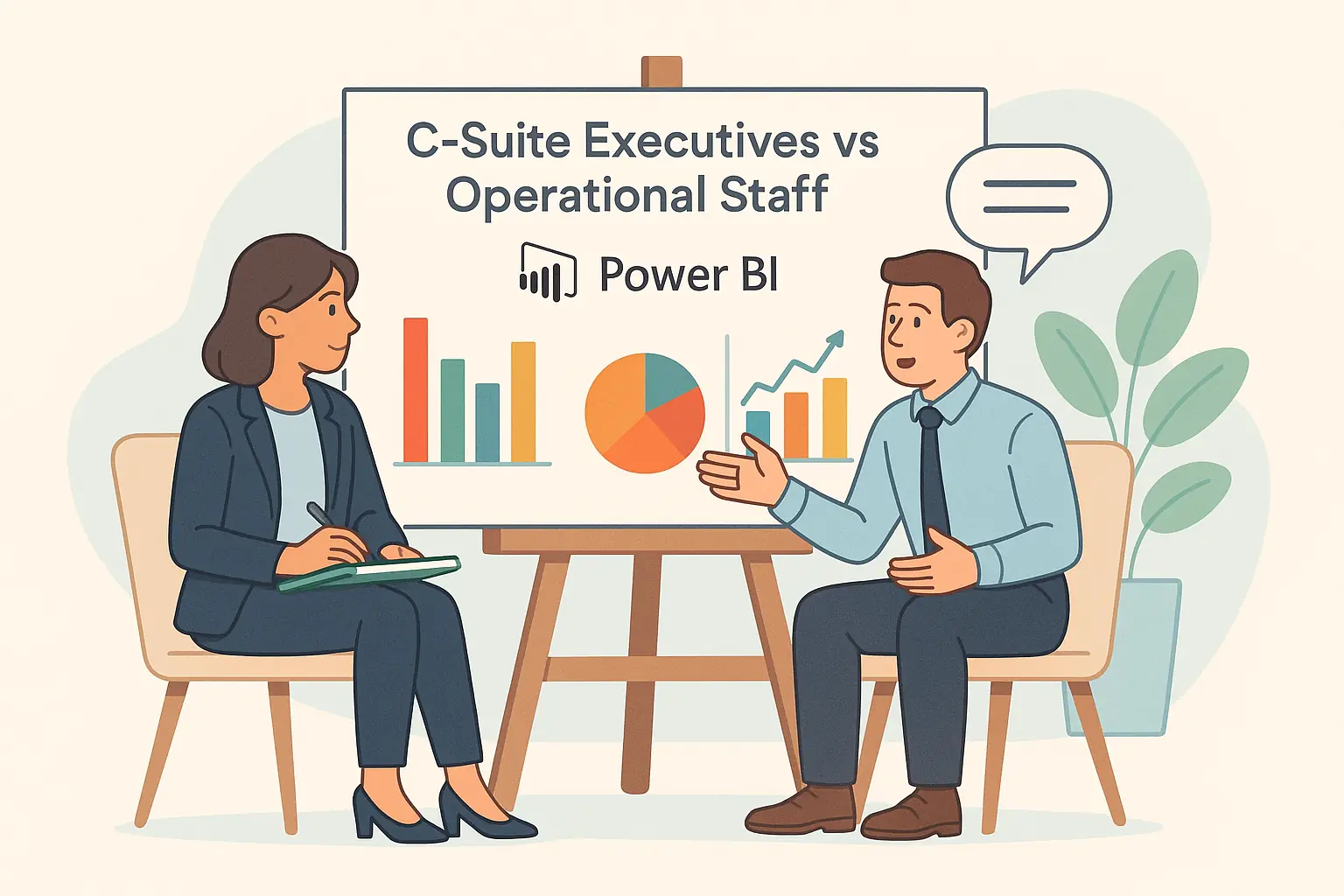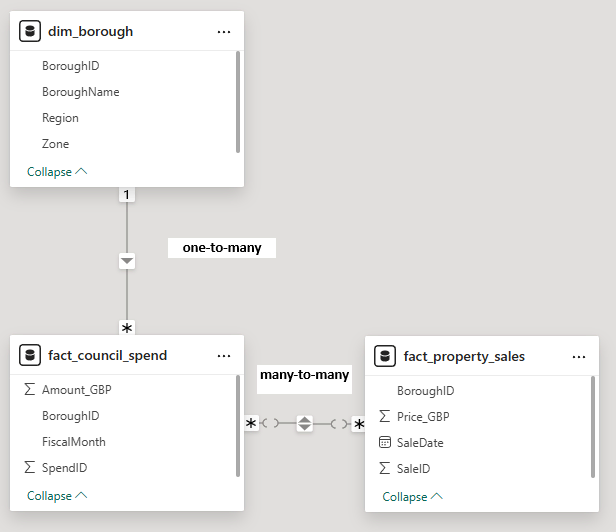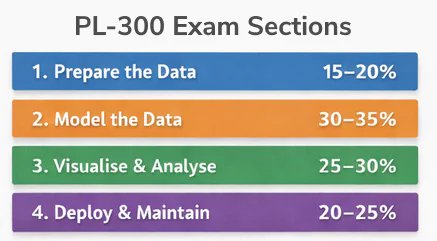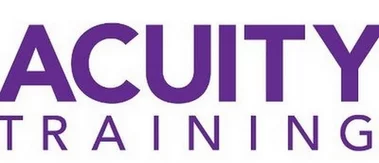
Power BI Training in London: C-Suite Executives vs Operational Staff
Contents
- 1 What Power BI Training Looks Like in London Today
- 2 Training Needs of C-Suite Executives
- 3 Training Needs of Operational Staff
- 4 Key Differences Between Executive vs Operational Training
- 5 Which Track Is Right for Your Team?
- 6 ROI: Why Role-Based Training Pays Off
- 7 How to Implement Role-Based Power BI Training in London
- 8 How Acuity Training Delivers Role-Based Power BI Training in London
- 9 Conclusion & Next Steps
- 10 FAQs
Microsoft Power BI has become the analytics platform of choice for UK organisations of all sizes.
Yet the training requirements of a C-Suite executive differ significantly from those of operational staff who work with data every day.
In London, with its concentration of financial services, professional firms, and global headquarters, the question is no longer:
“Should we adopt Power BI?” but rather, “How do we tailor Power BI training to the right people at the right level?”
This guide explains:
-
The different learning paths for executives vs staff.
-
The skills each group needs to use Power BI effectively.
-
How London training providers position their courses.
-
The ROI and business impact of role-based training.
-
Where to find the best Power BI training in London for your needs.
What Power BI Training Looks Like in London Today
Power BI training courses in London typically fall into a few categories:
Introductory or fundamentals courses are typically aimed at beginners or casual business users who need a solid grounding in the basics of Power BI and everyday reporting.
At the other end of the spectrum, advanced courses focus on areas such as DAX and data modelling. This makes them more suitable for technical staff, analysts, and those responsible for building and maintaining robust data models.
Fast-track or boot camp-style courses offer an intensive learning experience, usually delivered over two to three days, and are designed for rapid upskilling when time is limited
Most providers still market by level of difficulty. Few explicitly market role-based tracks, which is where organisations can miss opportunities: an executive may not need to learn DAX, while an analyst does.
Training Needs of C-Suite Executives
C-suite executives have very different training needs from hands-on Power BI users, the best trainers out there know this. Executives mainly need to understand dashboards and reports with confidence, ask informed questions of analysts and managers, spot gaps or blind spots in strategic data, and use real-time KPIs to support better business decisions. They do not need to write DAX formulas or build complex data models themselves. Instead, executive-level training should concentrate on dashboard literacy, understanding how reports are structured and what the visuals are really communicating, as well as the ability to identify and track the most meaningful strategic KPIs.
It should also raise awareness of data governance, so leaders understand how data quality and accuracy are maintained, and encourage the adoption of a data-driven culture by showing executives how to lead by example. Executive workshops are best framed around topics like navigating Power BI dashboards for decision-making, identifying the right KPIs for their role, asking better questions of data teams, and understanding how leadership behaviour influences data culture across the organisation.
Training Needs of Operational Staff
Operational staff, by contrast, require far more practical and technical training. They are the frontline users responsible for turning raw data into insight. These users typically work directly with Power BI on a daily basis, importing, transforming, and cleaning data using Power Query, building data models and relationships, writing DAX measures, and creating dashboards that are shared through the Power BI Service. Their role is not just to produce reports, but to ensure insights are reliable, accessible, and aligned with business needs.
As a result, operational training focuses heavily on hands-on skills: loading and shaping data efficiently, designing clear and effective visualisations and creating calculated measures and KPIs with DAX. This all needs to be taught with the core of best practices for publishing, sharing, and maintaining reports across teams and departments.
Key Differences Between Executive vs Operational Training
| Dimension | C-Suite Executives | Operational Staff |
|---|---|---|
| Primary Goal | Strategic decision-making, interpreting insights | Producing reports, cleaning data, technical modelling |
| Training Focus | Dashboard literacy, KPIs, governance, strategy | Power Query, DAX, visualisation, sharing |
| Format | Short, focused workshops (half-day / 1-day) | Multi-day intensive courses |
| Depth | High-level, conceptual, outcome-driven | Detailed, task-driven, technical |
| Outcome | Confident use of dashboards for decisions | Self-sufficient report builders and data analysts |
Which Track Is Right for Your Team?
-
Executives should attend a strategic Power BI overview workshop.
-
Operational staff need hands-on technical training with practical exercises.
-
Hybrid teams may benefit from custom programmes that combine both elements.
London organisations often choose to run parallel tracks: executives in a short session, staff in a 2-day technical course.
ROI: Why Role-Based Training Pays Off
-
Executives make faster, better strategic decisions when confident in data.
-
Staff save time and reduce reporting errors.
-
Organisation-wide alignment – executives and staff speak the same “data language”.
-
Cost efficiency – avoid paying for unnecessary technical depth for executives.
Studies suggest that companies with strong data culture adoption outperform peers by up to 30% in revenue growth.
In our experience, executives often don’t need more than a half-day workshop to gain confidence using dashboards and KPIs.
Operational staff, on the other hand, benefit most from multi-day training where they can practise building reports, writing DAX, and managing data models.
Separating these tracks ensures both groups get exactly what they need – without wasting time or budget.
How to Implement Role-Based Power BI Training in London
-
Assess your teams – identify executives, analysts, and staff.
-
Define training objectives – decision-making vs technical capability.
-
Choose the right format – short executive sessions, hands-on staff courses.
-
Select a London provider – weigh provider strengths.
-
Measure ROI – pre/post-training KPIs, adoption rates, executive usage.
How Acuity Training Delivers Role-Based Power BI Training in London
At Acuity Training, we know that executives and operational staff have very different needs when it comes to Power BI.
That’s why we design role-based training programmes that give each group the skills that matter most.
Executives get short, focused workshops on KPIs, dashboard literacy, and driving a data culture – without being buried in technical detail.
Operational staff, on the other hand, receive in-depth, hands-on sessions covering Power Query, DAX, and report publishing.
With over 10 years of Power BI training experience, our tailored approach ensures organisations see rapid adoption, measurable ROI, and teams aligned around a shared data language.
Conclusion & Next Steps
Role-based Power BI training ensures everyone gets the right depth of learning.
-
Executives gain strategic clarity.
-
Staff gain technical proficiency.
-
The organisation benefits from a shared data culture.
Ready to design a role-based Power BI training programme in London?
Contact us today to discuss executive vs operational tracks tailored to your organisation.
FAQs
Q: How long does Power BI training take?
A: Executive workshops are often 1 day or less, while operational staff courses usually run 2–3 days.
Q: Do executives need to learn DAX?
A: No. Executives need literacy in dashboards and KPIs, not technical formula writing.
Q: Is certification required for Power BI training?
A: Only for staff who want formal recognition (e.g., PL-300 exam).
Q: Can one provider cover both executives and staff?
A: Yes. Some London providers design custom programmes with parallel tracks.
- Facebook: https://www.facebook.com/profile.php?id=100066814899655
- X (Twitter): https://twitter.com/AcuityTraining
- LinkedIn: https://www.linkedin.com/company/acuity-training/





